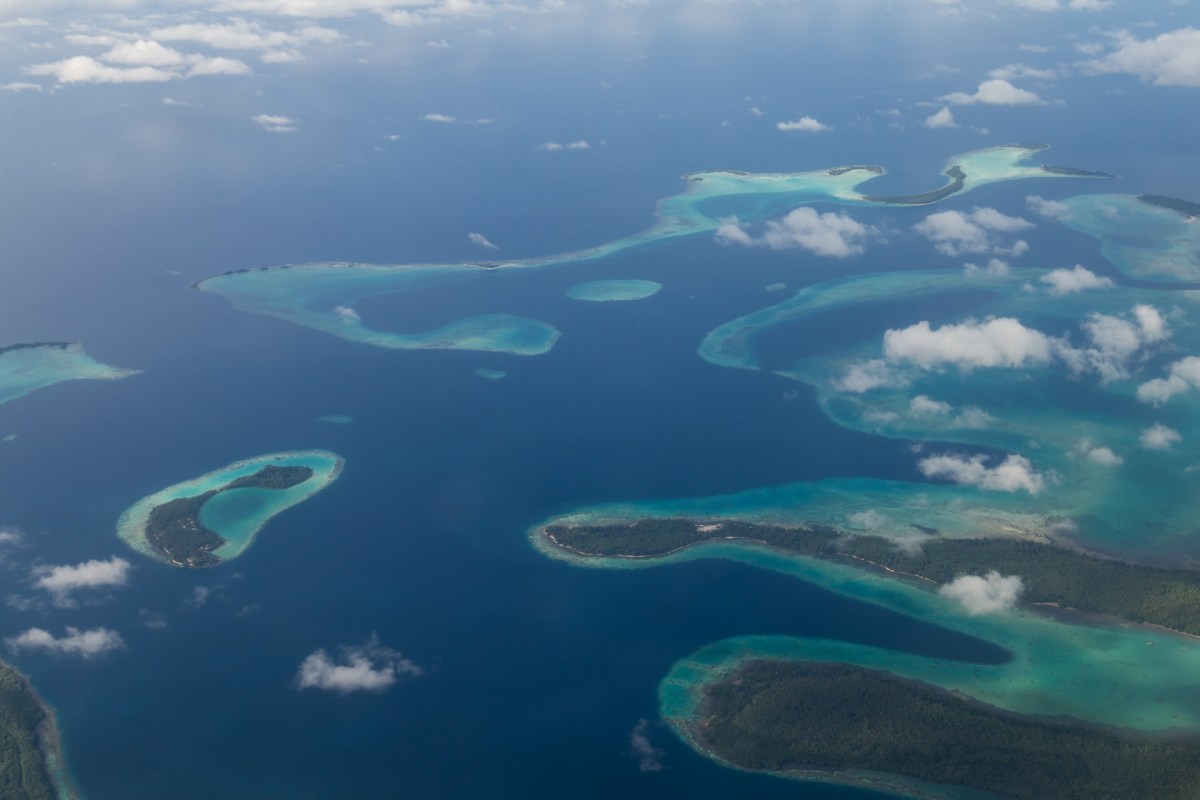More than a quarter of the Solomon Islands' population will soon learn new skills to help them survive the effects of a warming world, thanks to a project led by Save the Children and the Green Climate Fund.
The Solomon Islands is a nation in the South Pacific consisting of six major islands and hundreds of smaller ones. Its population mostly lives in small rural villages and subsists mainly on gardening, fishing, and pig husbandry.
According to a press release from Save the Children, the Solomon Islands is one of the most vulnerable places in the world when it comes to rising sea levels and extreme weather events like cyclones.
As such, the organization is partnering with the Green Climate Fund in a six-year, roughly $32 million initiative that will help children and communities in this low-lying nation adapt to the consequences of our overheating planet.
The project will impact about 185,000 people, focusing on climate change curriculum in schools, support for youth entrepreneurs to create resilient livelihood opportunities, climate resilient farming, and water conservation, among other things.
Across the world, we are already starting to see the devastating impacts of a warming planet, and we can expect to see more of the same in the years to come, according to NASA.
For instance, unusually extreme weather in late 2023 claimed the lives of at least 10 people in Australia due to flash flooding, fallen trees and branches, and rough ocean waters. Meanwhile, October 2022 was a particularly active month for severe weather across the globe — this included devastating floods in Nigeria that killed at least 600 people and displaced another 1.4 million, per The New York Times.
For its part, the White House has partnered with software company ESRI to roll out a tool that can help Americans better understand natural disasters that threaten their communities.
The Climate Mapping for Resilience and Adaptation Portal (CMRA) shows users exactly where weather events like heat, wildfire, drought, flooding, and coastal inundation are happening in real-time. The tool can also assess environmental risks in any location up to the year 2100, giving info based on projections of how much the Earth will heat up.
Globally, many leaders are spearheading climate resilience projects similar to the one in the Solomon Islands. The United Nations Environment Programme has assisted in more than 75 of these types of endeavors, which aim to benefit about 2.7 million people.
In a press release announcing the Solomon Islands climate resilience initiative,
Save the Children Australia CEO Mat Tinkler stated that local communities
"understand the threat posed by climate change and they know what they need."
He added, "This locally-led project will provide the resources for children and their families to build on, develop and share their knowledge and skills to better safeguard their schools, education, and futures."
According to a statement from Melchior Mataki, the country's Green Climate Fund national designated authority and permanent secretary for the Ministry of Environment, Climate Change, Disaster Management, and Meteorology: "Climate change is already having adverse impacts on the people and livelihoods of communities in Solomon Islands. While Solomon Islands contributes minimal greenhouse gas (GHG) emissions, we are the most vulnerable and frontliners to the impacts of climate change."
Join our free newsletter for cool news and cool tips that make it easy to help yourself while helping the planet.









